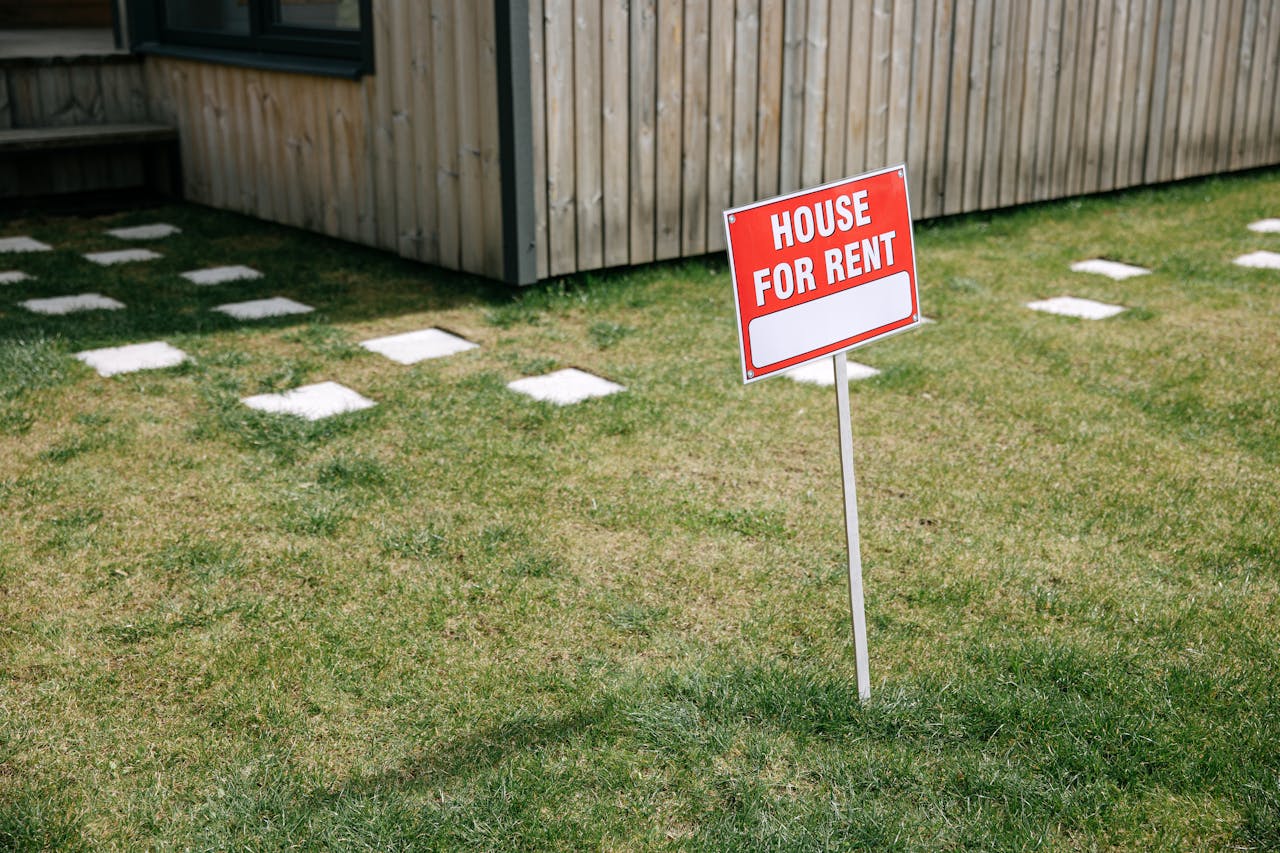With Statistica predicting significant growth in the US rental market, largely due to the unattainability of home buying for the average American, it’s an opportune time for those with the means to invest in rental properties. This promising trend suggests a potential for substantial returns on your investment.
While the rental market may not be as lucrative as it once was, it’s still a viable and potentially profitable investment for your portfolio. Despite the changing landscape, ample opportunities exist to make money in the rental market.
If you’re looking to step into the rental market for the first time, here are some things you need to know before branching out and adding a landlord to your name.
Treat It Like A Business
While managing a rental property might not be your primary source of income and just one string in your bow, you still need to treat it as if it were a full-time business.
The more professional you are with your tenants and finances, the easier it will be to ensure that you are following the necessary property and rental investment laws. This means researching and understanding all of the federal and state-specific laws regarding rental properties and ensuring that you’re able to protect yourself from potential accidents and liability claims, for example, thefts, burst pipes, and repairs that damage the tenants.
This means having a good maintenance plan in place, obtaining landlord insurance, and ensuring that you do your due diligence on rental contracts and anything else associated with renting out property.
Run the Numbers
As mentioned earlier, the landlord sector isn’t as profitable as it once was. This means that you need to run the numbers prior to committing to ensure that you can afford this venture and that you understand how you’re going to pay for any associated costs moving forward.
These costs could include property taxes, insurance, maintenance, repairs, and potential vacancies.
You absolutely should not be relying on a rental income to pay all of the bills associated with your rental property. For example, if you take out a loan from a bridge lender, a short-term financing option typically used until a long-term financing option can be arranged; you need to make sure that you can afford the repayment once the term is completed. You also need to be able to cover all of the expenses associated with owning a rental property, such as insurance, repairs, maintenance, etc. You need money in the pot to keep things running without having to soley rely on a rental income.
Management Responsibilities
This aspect of rental properties is vital, as you need to understand how you will manage the responsibilities of a landlord. Will you be personally handling the rent collection, repair requests, bookkeeping, and so on, or will you be looking to hire a third-party management company to take over this for you?
What procedures will you have in place for tenants to pay their rent and report any issues to you, and how quickly can you react to any issues that potentially put your tenants in danger?
You need to understand all of your responsibilities in managing properties of this kind and ensure that you can meet the demands placed on you by state and federal laws and also by the tenants themselves, as they require certain living standards and a habitable property to reside in, especially if they are paying you for the privilege.



Leave a Reply